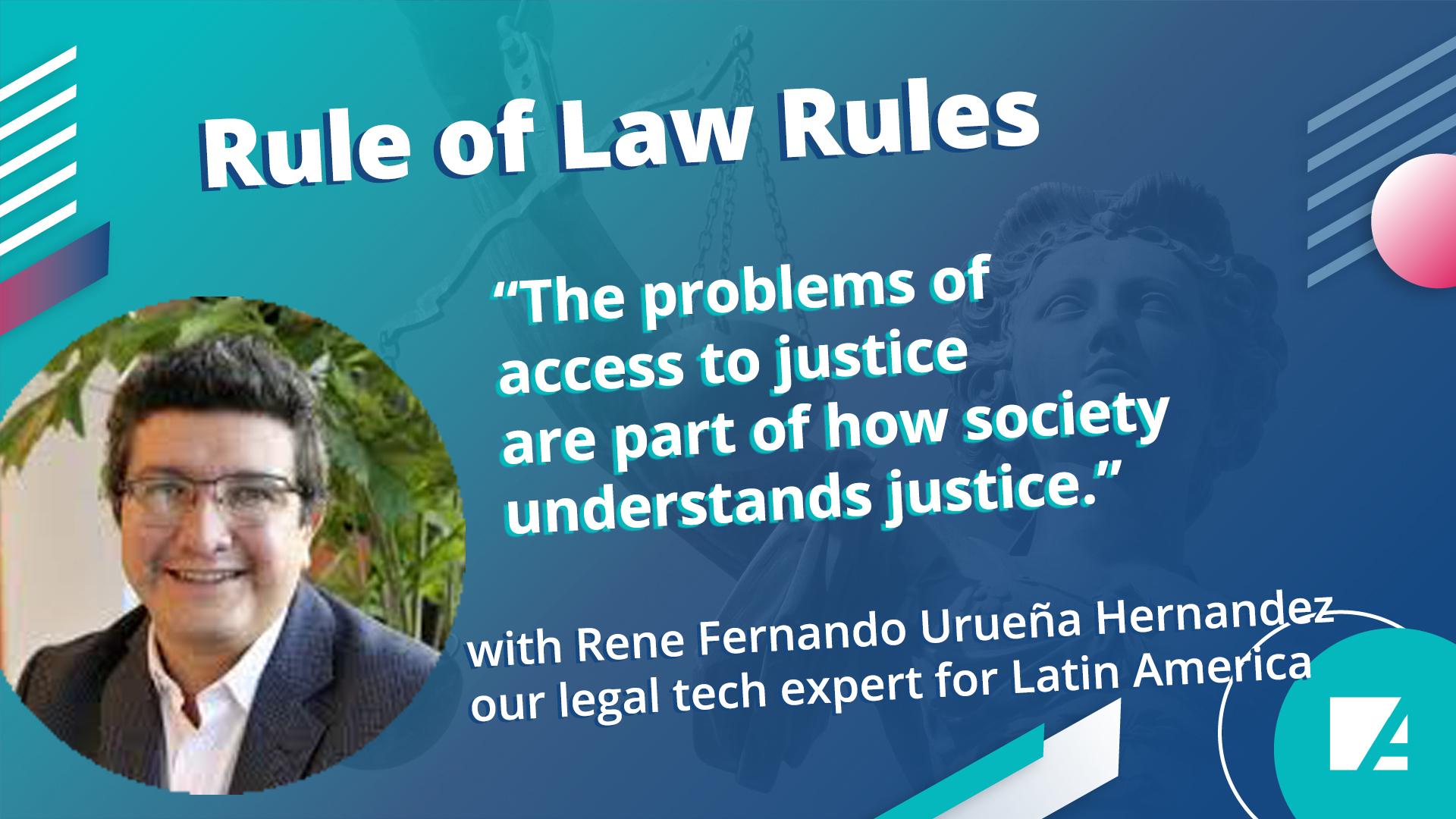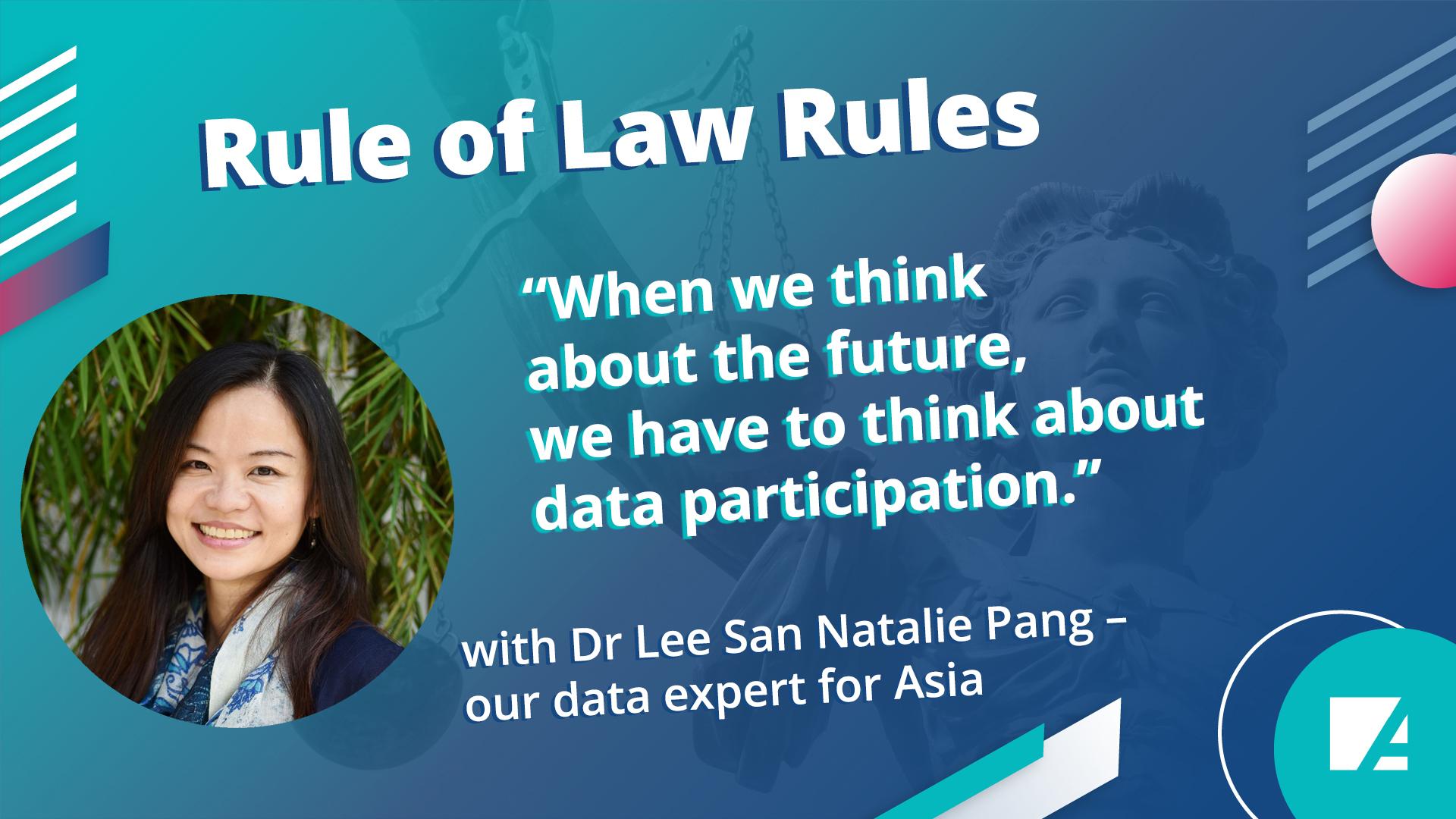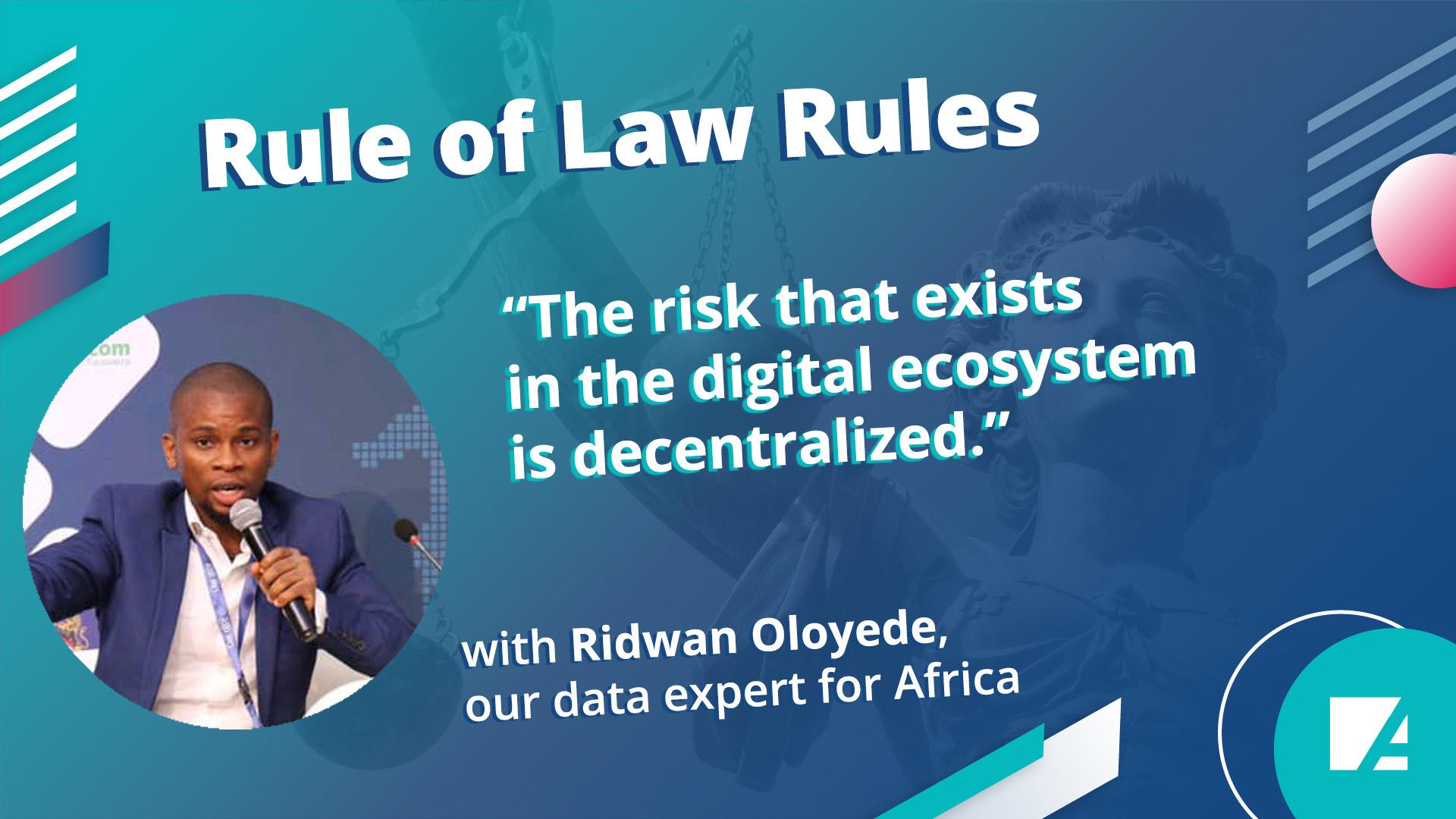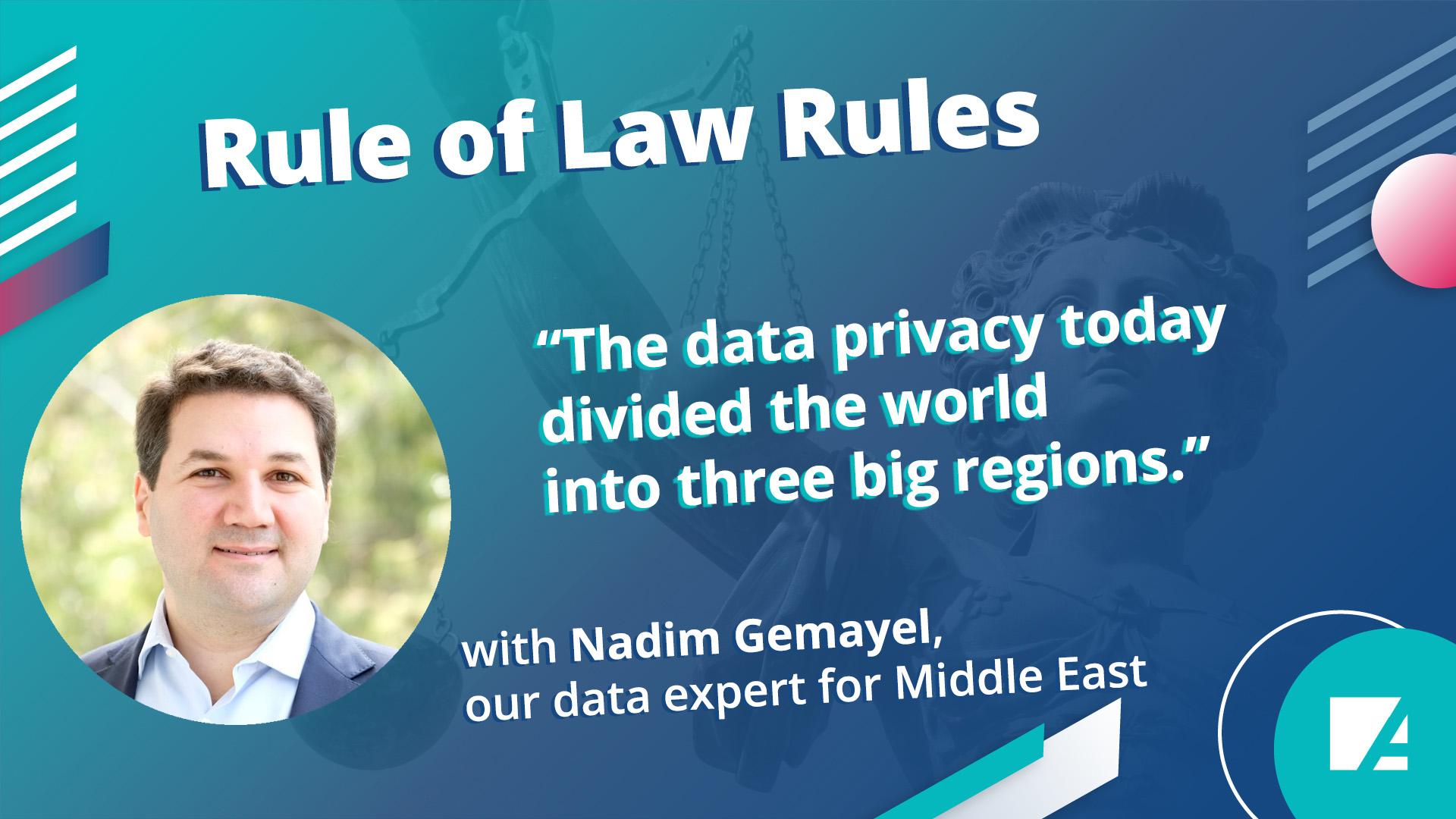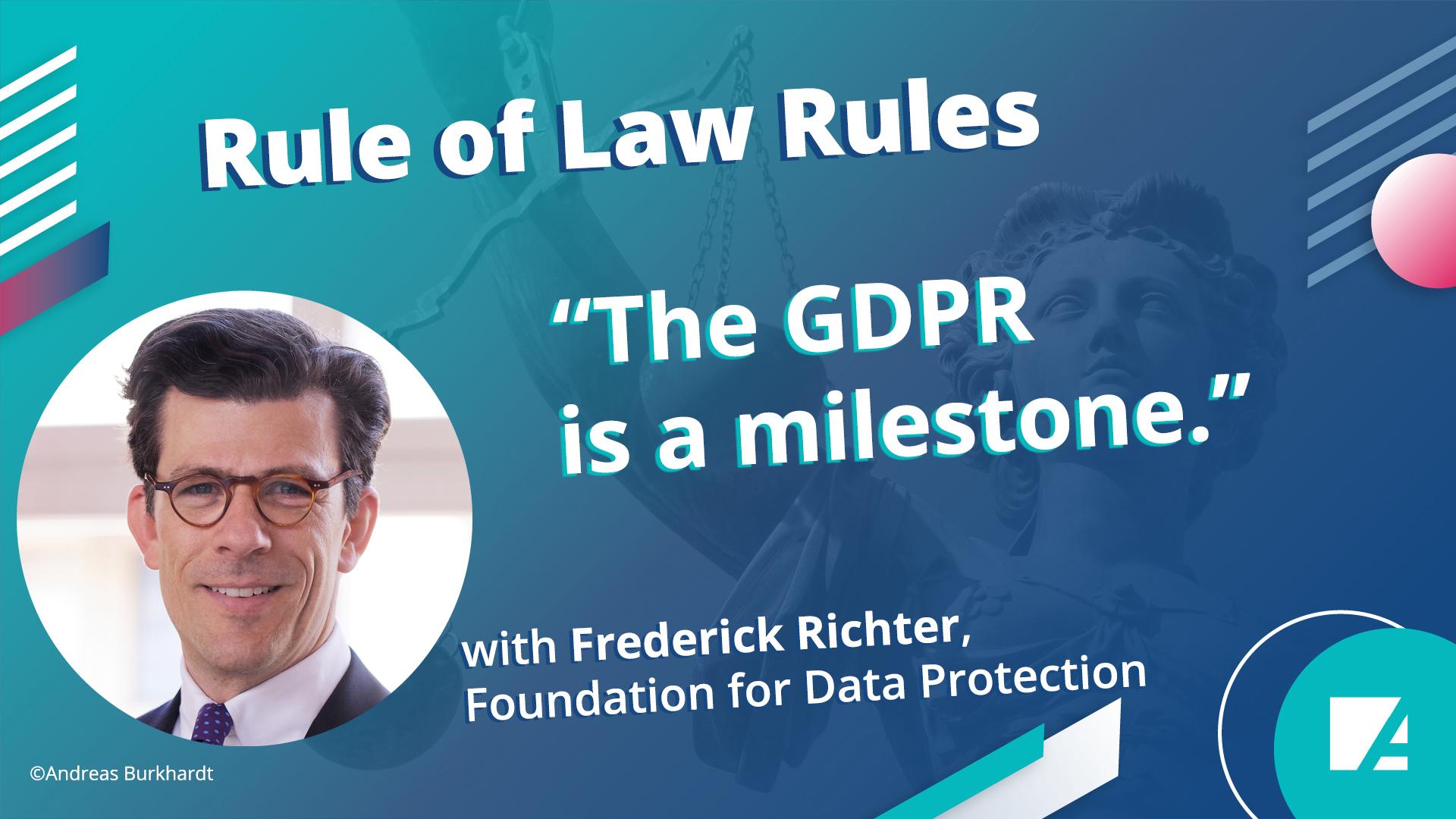IMF bailout and debt restructuring: a tall order
Among Sri Lankans, there are concerns that the long daily blackouts that were common in 2022 could return. Transport fees, food essentials, oil and gas have become prohibitively expensive. Electricity prices increased by 66 per cent in February 2023. Some have called this “pseudo-stability” because most Sri Lankans are confronted with immense challenges to make ends meet. Moreover, inflation and the cost of living remains high. The nationwide protests that have become known as Aragalaya (literally “struggle”) have subsided but small-scale demonstrations continue to take place. For instance, public sector workers orchestrated protests in March 2023 against higher taxes that were implemented as a precondition for the international Monetary Fund (IMF) bailout.
The IMF gave Colombo the first tranche of US$333 million of its bailout package of nearly US$3 billion in March 2023 after multiple rounds of discussions and China has agreed to restructure its loans (the final hurdle of securing the loan from the IMF). Colombo approached the international creditor in March 2022 after defaulting its external debt. The bailout is expected to make way for financial aid from other international institutions, including the World Bank and Asian Development Bank.
The bailout, however, has come with preconditions including tax hikes, reducing public expenditure, generating more public revenue, reform of the public sector and independence of the Central Bank. The precondition on the independence of the Central Bank entails that the bank should operate as a direct agency of the IMF along with continue increasing interest rates without relying on the government. It is evident that Colombo is shifting from the decades long socialist and welfare economic model towards a capitalistic one.
However, these austerity measures imposed by the IMF are likely to adversely impact the livelihood for many. The foreign currency reserves are being used to pay foreign loans instead of importing essential items. They have resulted in decline of economic growth and taking away of many jobs. Farmers are struggling due to the high cost of agricultural materials and many small businesses are also facing a difficult time due to the increasing interest rates.
When tensions run high
Protests, although dispersed, continue to take place (although the nature and scale of these protests are starkly different). For instance, teachers protested on 15 March 2023 at the town of Homagama to oppose the state’s austerity measures. On the same day, approximately half a million workers took part in demonstrations and strikes to oppose these measures. There was a stand-off between dock workers and the military at the port although no clashes have been reported. Some argue that the new developments are part of a growing movement of the working class as observed in the UK, the US and France.
Cognisant of the mass uprising that ousted Gotabaya Rajapaksa from power, incumbent President Ranil Wickremesinghe is using state machinery, institutions and anti-terrorism law - including the military, police and laws - to crack down on protesters. The government has deployed the military at the port and railway stations in response to the strikes. The president has kept his powers intact and will not hesitate to deploy more troops on the streets to quell protesters and critics. Through the executive presidency, Wickremesinghe can deploy troops and issue detention orders under the Prevention of Terrorism Act (PTA).
It is likely that the austerity measures as a precondition to the IMF bailout will disrupt the lives of many and various groups are likely to voice their anger through public demonstrations and strikes. At this juncture, it is uncertain whether these protests, that are dispersed and scattered, will catapult into another uprising like the Aragalaya. However, mass demonstrations can erupt, especially in rural areas where people are feeling the brunt of the increasing cost of living. They are likely to protest not because they want political and constitutional reforms or accountability but because of the economic hardships they are facing.
Divisions surround the President
Sri Lankans are divided on whether Wickremesinghe should only focus on economic reforms but also political and constitutional ones. The sceptics of the incumbent president, who see themselves as the ‘realists’, think he is being overly ambitious and lacks legitimacy. Even though the United National Party (the President’s party) has zero elected seats in the parliament, Wickremesinghe remains the party leader. There are sentiments that the legislature betrayed the public when they elected Wickremesinghe. The new president’s appointment through parliamentary polls has demonstrated that he did not secure the top job by people’s mandate. Some also think that the talks with the IMF were flawed because the agreement was signed by an unelected leader who lacks a public mandate.
Although Rajapaksa has been ousted, the root causes of the crisis have not been addressed. The only way to resolve the economic crisis is by overhauling the whole system. Protesters are still pushing for their demands for system change, good governance, accountability and transparency- including abolishing executive presidency, holding fresh elections, holding politicians accountable, ending the culture of impunity, nepotism and corruption and restoring judicial review and restoring checks and balances, and independence of institutions.
Paikiasothy Saravanamuttu, founder of Centre for Policy Alternatives (CPA) said that there are some sections of the society, especially older Sri Lankans, who have given Wickremesinghe a chance and think he is the best possible option to revive the economy. Nonetheless, he needs to hold both local and presidential elections on time and cannot keep delaying them (the government has rejected demands for early elections and had also postponed holding local government polls).
Political reforms: the sooner the better
An opinion poll commissioned by CPA in 2022 unveiled high level of public support to revoke the executive presidency to reduce the powers of the president, restore checks and balances, bring in transparency and accountability of politicians. Last year, Wickremesinghe initiated the 21st amendment (initially initiated as the 22nd) that brought some political changes with the goal of equally dividing state powers and setting up independent commissions that would monitor investigations involving corruption and human rights violations. However, this amendment did not seek to abolish the executive presidency. Although the government realised that political reforms are necessary and have introduced them, they are piecemeal and insufficient.
Wickremesinghe also embarked on a series of initiatives for ethnic reconciliation. The first is to set up a ministerial team that will create a broad framework on reconciliation and transitional justice before discussing it with various groups, second to set up a separate unit at the Presidential Secretariat and third to establish an office in Vavuniya to receive feedback from the public. The government’s proposal includes creating the long overdue truth and reconciliation commission (TRC), similar to the South African TRC and greater devolution of powers to the provinces. However, the key issue is whether it would be possible to have a TRC without addressing accountability.
The president is also trying to address the devolution of power issue. Many previous leaders have tried to resolve the ethnic issue starting with SWRD Bandaranaike and now Wickremesinghe. These leaders were not able to overcome the politicisation of the issue and strong opposition from nationalists. Academic Jehan Perera thinks that the ethnic issue can finally be resolved this time unlike in retrospect for several reasons. First, Wickremesinghe has the capability of bringing different groups to the negotiating table. Second, the lack of legitimacy of the legislature can mobilise public opinion. The demands of the Aragalaya covered a wide range of issues including holding elections, demilitarisation, system change and accountability, and this may undermine the plans of corrupt politicians and elites to stay in power in the long-term and are trying to delay elections as much as they can, including local polls. Amid these developments, it is unlikely that these sitting MPs will oppose the president’s policies because they need his protection to avoid the public’s wrath.
Third, most of the opposition parties agree that it is high time to resolve the ethnic issue. They have suffered the consequences for not supporting this cause previously and campaigning for others instead. Fourth, political opinion in the country is fundamentally changing, as demonstrated during the Aragalaya. Most Sri Lankans realise that radical reforms are necessary because the crisis is not simply an economic crisis but also constitutional and governance crises.
Way forward
The government argues that it cannot achieve everything when a crisis is brewing and implementing these reforms would require more time. And yet it is reasonable for the public to continue its demands for system change and blame the crisis on the executive. Local government elections were scheduled for 9 March 2023 but did not take place (they have now been rescheduled for 25 April 2023). As anticipated, the government did employ delayed tactics -- including insufficient funds, not the right time to hold elections etc. The only way to appease the public is through elections to vote for a leader who is legitimate and has the mandate of the public. Elections are also important to prevent the formation of a rebellion or radical upheaval. The more the government delays elections, more frictions will emerge in the Sri Lankan society. Polls are necessary to re-legitimise the electoral system.
At the same time, substantial political reforms are necessary to restore public confidence. First to revoke the executive presidency, although many experts do not think this will happen in the short-to-medium term. Second, to address deep rooted corruption and economic crimes. The government would need to restore a system where there are independent institutions, checks and balances, investigations that lead to prosecutions and monitor the money that is accumulated by certain individuals. Although the government has said that they will introduce an anti-corruption legislation and that civil servants will need to declare their assets, nothing has materialised yet.




